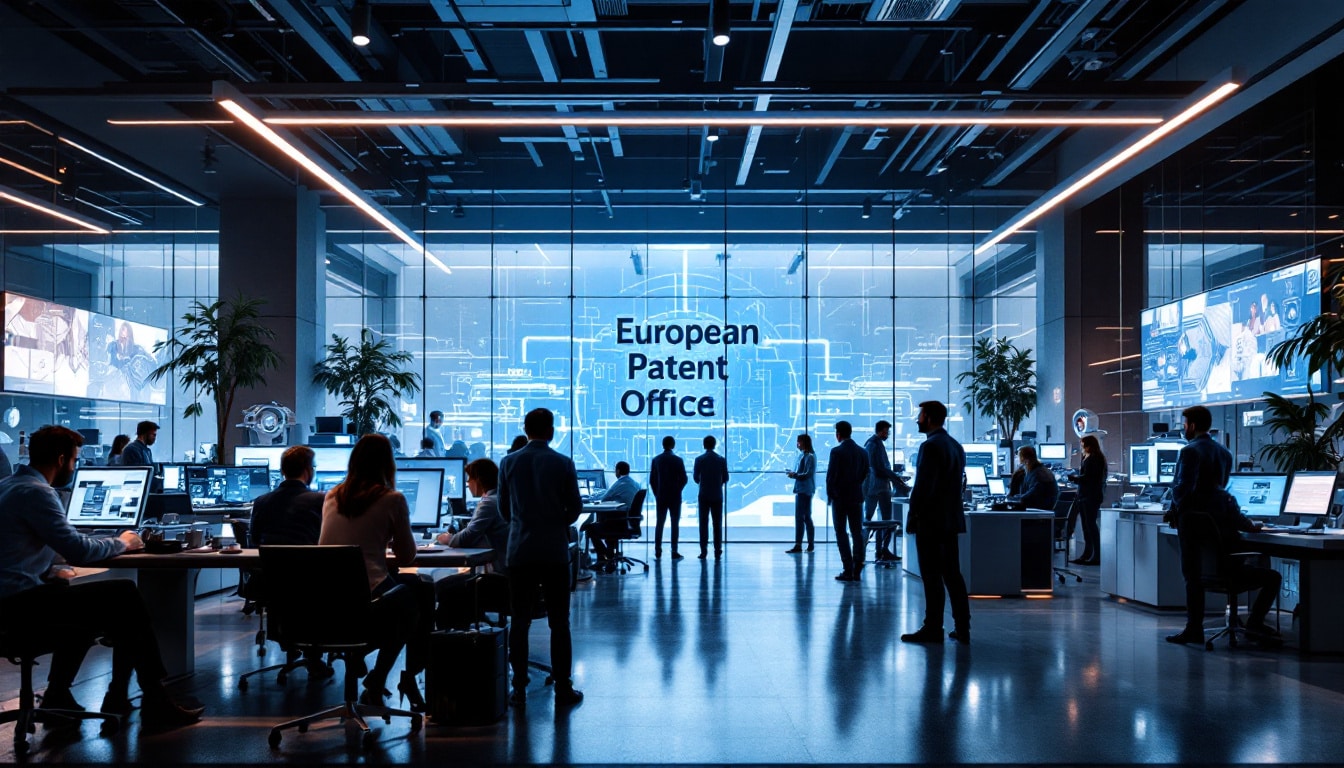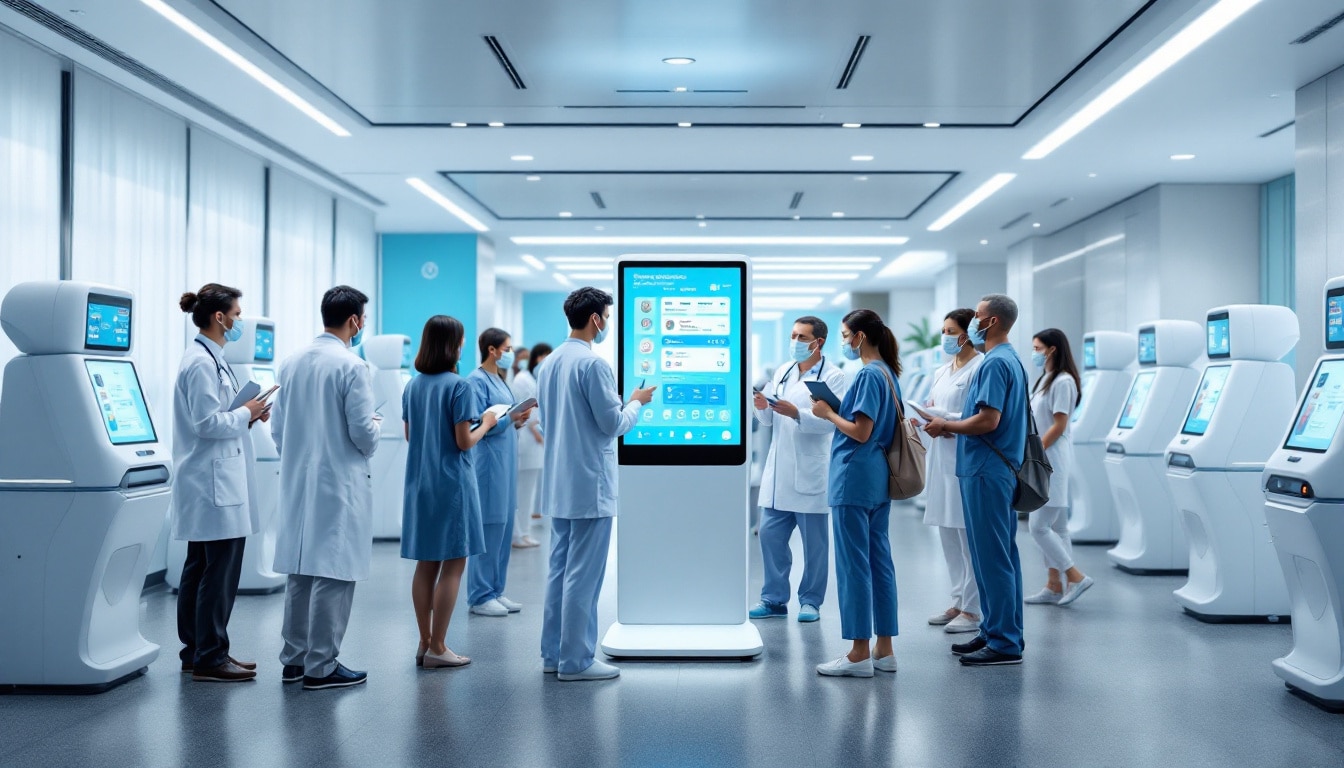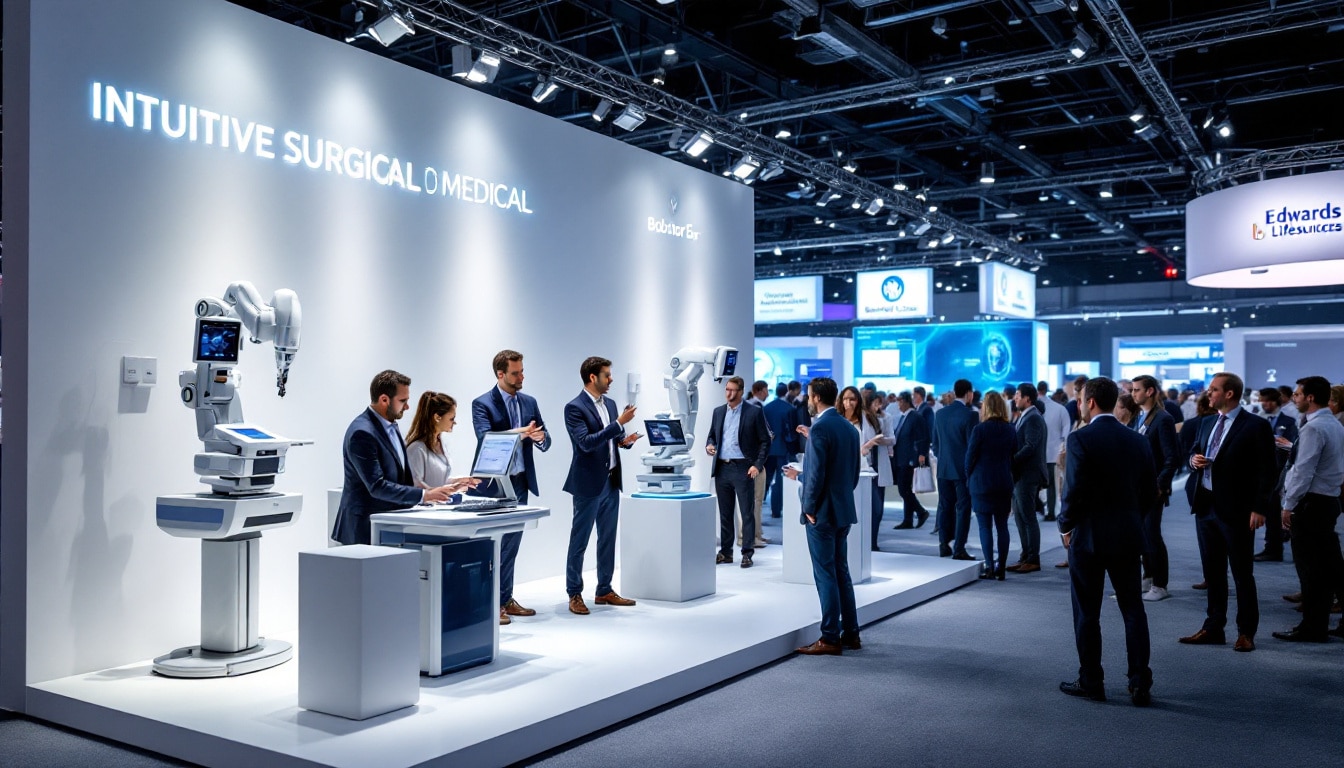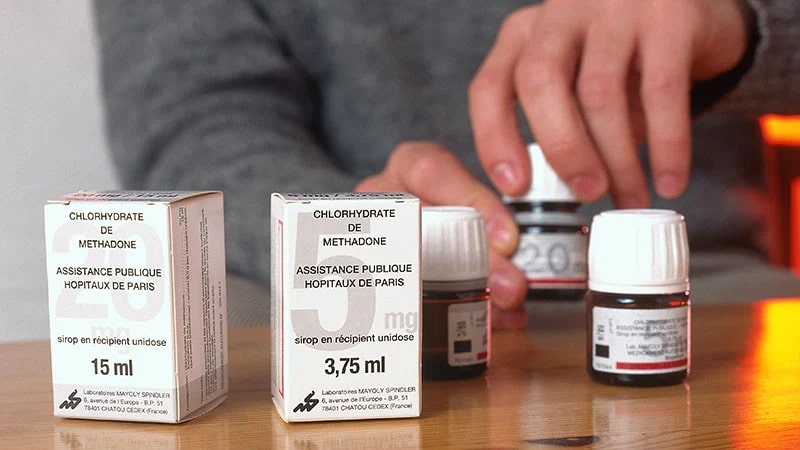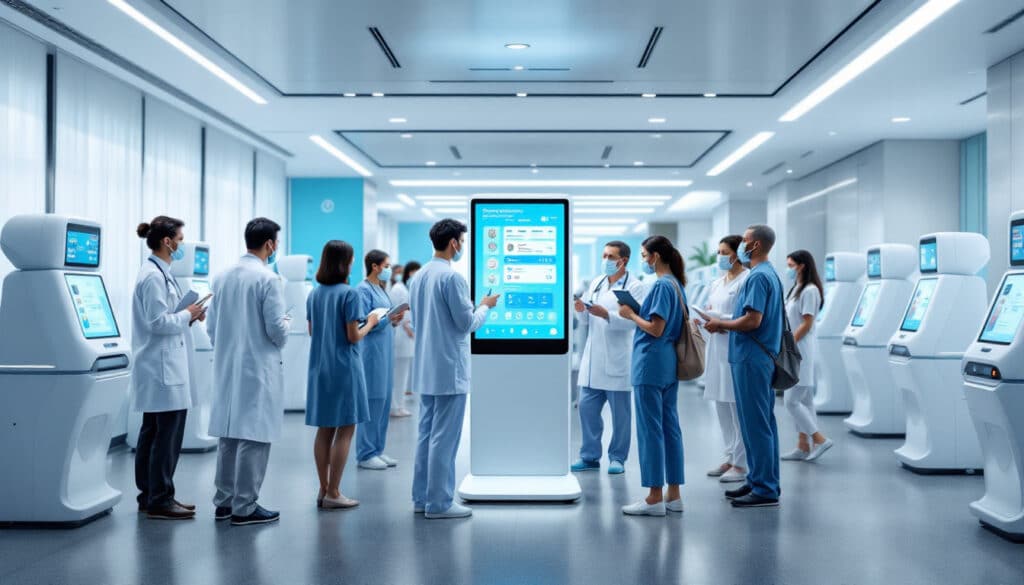In the dynamic universe of medical technology, Royal Philips stands out as a true leader.
In 2024, the company registered the highest number of patent applications in medical technology at the European Patent Office.
This remarkable performance highlights Philips’ unwavering commitment to innovation and the improvement of healthcare.
With 594 patent applications, Philips demonstrates its ability to integrate informatics and artificial intelligence to revolutionize medical workflows. Innovations such as the image-guided therapy system Azurion and the AI tools integrated into the EPIQ CVx ultrasound systems illustrate this technological advancement. By investing heavily in research and development, Philips aims to improve the quality of care while reducing costs for patients. This strategy positions the company on a good track to achieve its ambitious goal of 2.5 billion improved lives by 2030.
In 2024, Royal Philips once again demonstrated its leadership position in the medical technology sector by ranking first in Medtech patent filings with the European Patent Office (EPO). With an impressive total of 594 patent applications, Philips reaffirms its commitment to transforming healthcare delivery through the advanced integration of informatics and artificial intelligence (AI).
What does this ranking mean for Philips and the Medtech sector?
Ranking at the top of applicants, Philips underscores not only its ability to innovate but also its crucial role in improving workflows, care quality, and reducing costs per patient. This ranking illustrates Philips’ determination to remain at the forefront of technological advancements in the medical field, further consolidating its reputation as a pioneer with a history of innovation spanning 134 years.
This exceptional performance translates into an improvement in the health and well-being of nearly 2 billion people in 2024, a significant milestone towards the ambitious goal of 2.5 billion improved lives by 2030. Philips continues to demonstrate that innovation is at the heart of its mission, constantly adapting its technologies to meet the evolving needs of healthcare professionals and patients.
What innovations has Philips introduced in 2024?
The year 2024 was marked by the launch of several major innovations by Philips, all powered by informatics and AI. Among these, the image-guided therapy system Azurion stands out for its advanced informatics capabilities, facilitating the minimally invasive diagnosis and treatment of patients suffering from stroke and other neurovascular conditions.
Two other notable innovations include the FDA-approved AI tools integrated into the EPIQ CVx and Affiniti CVx ultrasound systems, which enhance cardiovascular imaging while increasing automation and productivity. These advancements strengthen Philips’ global position as a leader in cardiovascular ultrasound.
Additionally, the Philips Spectral CT 7500 RT offers personalized radiation therapy planning, allowing for improved management of cancer patients. Finally, the approval of the LumiGuide Navigation Wire, utilizing fiber optic technology, reduces radiation exposure for patients and doctors during minimally invasive surgical procedures.
How is Philips continuing to invest in research and development?
In 2024, Philips invested approximately 1.7 billion euros in research and development, representing over 9% of its sales, a figure well above the industry average. Nearly half of these investments are allocated to informatics and AI technologies, reflecting the company’s strategic focus on intelligent health solutions.
This proactive approach to innovation has allowed Philips to file a total of 1,231 patent applications with the EPO, the highest number among Dutch companies. This continues to establish Philips as one of the leading applicants since the EPO began publishing rankings in 2004.
What are the future prospects for Philips in healthcare?
The CEO of Philips, Roy Jakobs, stated: “For over 130 years, Philips has been at the forefront of innovations that improve people’s lives. The European patent rankings of 2024 show how we continue to innovate in hospitals and at home – helping to deliver better care to more people. To continue having a bigger impact, we have brought our innovation closer to customers. We want to help healthcare professionals enhance patient care and enable people everywhere to take care of their health and well-being.”
Building on this vision, Philips aims to further strengthen its position as a global leader in health technology by expanding its solutions to include more smart products and services that meet the needs of patients and healthcare professionals.
What is the impact of these innovations on healthcare professionals and patients?
Philips’ innovations have a direct impact on how healthcare professionals practice and on the patient experience. By integrating AI and advanced informatics into its equipment, Philips enables doctors to make more accurate diagnoses and deliver more personalized treatments. For example, the Azurion system with 3D treatment view offers increased precision during neurovascular interventions, thus reducing risks and improving patient outcomes.
Similarly, the AI tools in the CVx ultrasound systems save time and increase productivity, which is essential in dynamic hospital environments. These technological improvements not only facilitate the work of healthcare professionals but also ensure better quality of care for patients.
Moreover, innovations such as the LumiGuide Navigation Wire reduce radiation exposure, making surgical procedures safer for all participants. This enhances patient confidence in the proposed treatments and contributes to an overall better healthcare experience.
How is Philips positioning itself in relation to its competitors?
With over 50,500 patent rights, 30,500 registered trademarks, 150,000 design rights, and 3,200 domain names, Philips has an impressive intellectual property portfolio. This vast collection of patents and trademarks protects its innovations and allows it to stay ahead of competitors in the global healthcare market.
Philips’ recognition as a leader in innovation is also confirmed by its inclusion in the Clarivate Top 100 Global Innovators 2025, for the 12th consecutive year. This distinction not only highlights Philips’ consistency in its innovation efforts but also the global reach of its research and developments.
What challenges might Philips face in maintaining its leadership position?
Despite its successes, Philips faces intense competition in the Medtech sector. Maintaining its leadership position requires continuous vigilance and the ability to anticipate technological changes and market needs. Collaboration with other players in the sector, as illustrated by the recent case where the jury ruled in favor of Daxonics in the patent dispute with Medtronic, underscores the importance of protecting and valuing its innovations in a competitive legal environment.
Moreover, Philips must continue to navigate the complex and rapidly evolving regulatory landscape, especially regarding medical device approvals and compliance with international standards. The ability to quickly adapt to these regulatory changes is crucial to maintaining its technological edge and competitiveness in the market.
What role does collaboration and policy play in the healthcare sector?
Collaboration between health sector companies and government entities is essential for developing innovative and effective solutions. Recently, health sector leaders have denounced the omission of essential measures in the spending plan, highlighting the need for ongoing support for innovation and technological development. Philips, as an innovative leader, plays a key role in these discussions, advocating for policies that promote research and the adoption of new medical technologies.
By working closely with governments and health organizations, Philips can ensure that its innovations are not only developed quickly but also implemented effectively and ethically, maximizing their impact on public health.
How does Philips envision the future of healthcare?
Philips envisions a future of healthcare where technological innovation plays a central role in improving patient outcomes and the efficiency of healthcare systems. By investing heavily in AI and informatics, Philips seeks to create smarter and more responsive care environments that can adapt to the individual needs of patients while optimizing available resources.
The goal is to enable healthcare professionals to focus more on the human aspects of care, relying on advanced technological tools to manage technical and logistical aspects. This vision is supported by a patient-centered innovation strategy aimed at developing solutions that not only enhance the quality of care but also improve accessibility and personalisation of treatments.
In conclusion, Philips’ performance in 2024 as the leading Medtech patent filer with the EPO reflects its determination and ability to continuously innovate in a dynamic and competitive sector. With a strategy focused on informatics and AI, and a commitment to being close to customers, Philips is well positioned to continue transforming healthcare in the years to come.

